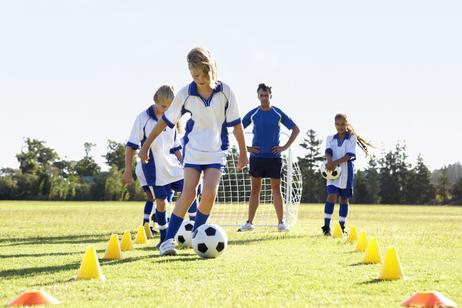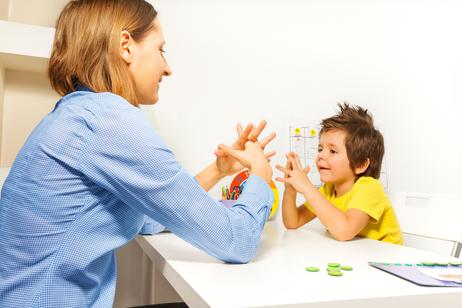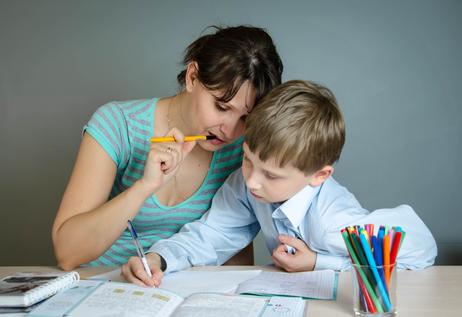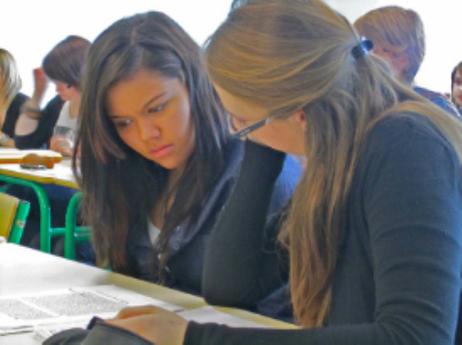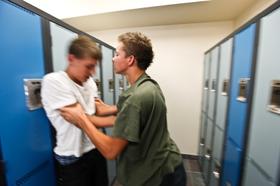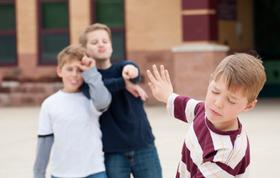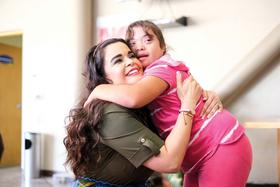Every high school student in the country knows the word 鈥渆xtra-curricular鈥� 鈥� it is a word that strikes fear into the heart of many. While extra-curricular activities may seem like a fun way to kill some time after school, for many students they are much more than that. They are a gold star on a college application 鈥� something that has real implications for the state of their future. But just how important are extra-curricular activities for your college application and are some better than others?
What Kind of Extra-Curricular Activities Are There?
When it comes to extra-curricular activities, the options are endless 鈥� but what really counts as an extra-curricular? Technically, it is an unpaid activity that doesn鈥檛 pertain to ordinary school classes. The activity itself may occur either in or out of school, though elective classes don鈥檛 count. For example, theater class is an elective because it takes place during school hours and it is an actual class 鈥� theater club is an extra-curricular if it takes place outside school hours and it isn鈥檛 technically a class. Volunteer work can also qualify as an extra-curricular activity.
Here are some examples of extra-curricular activities you might consider joining:
- Special interest clubs (clubs for like-minded students, often focused around a particular subject, activity, or interest)
- School service clubs (clubs where students engage in projects to improve the school)
- Scholarship clubs (clubs that exist primarily for prestige, though they may also offer scholarship awards)
- Community volunteering clubs (clubs where students engage in

